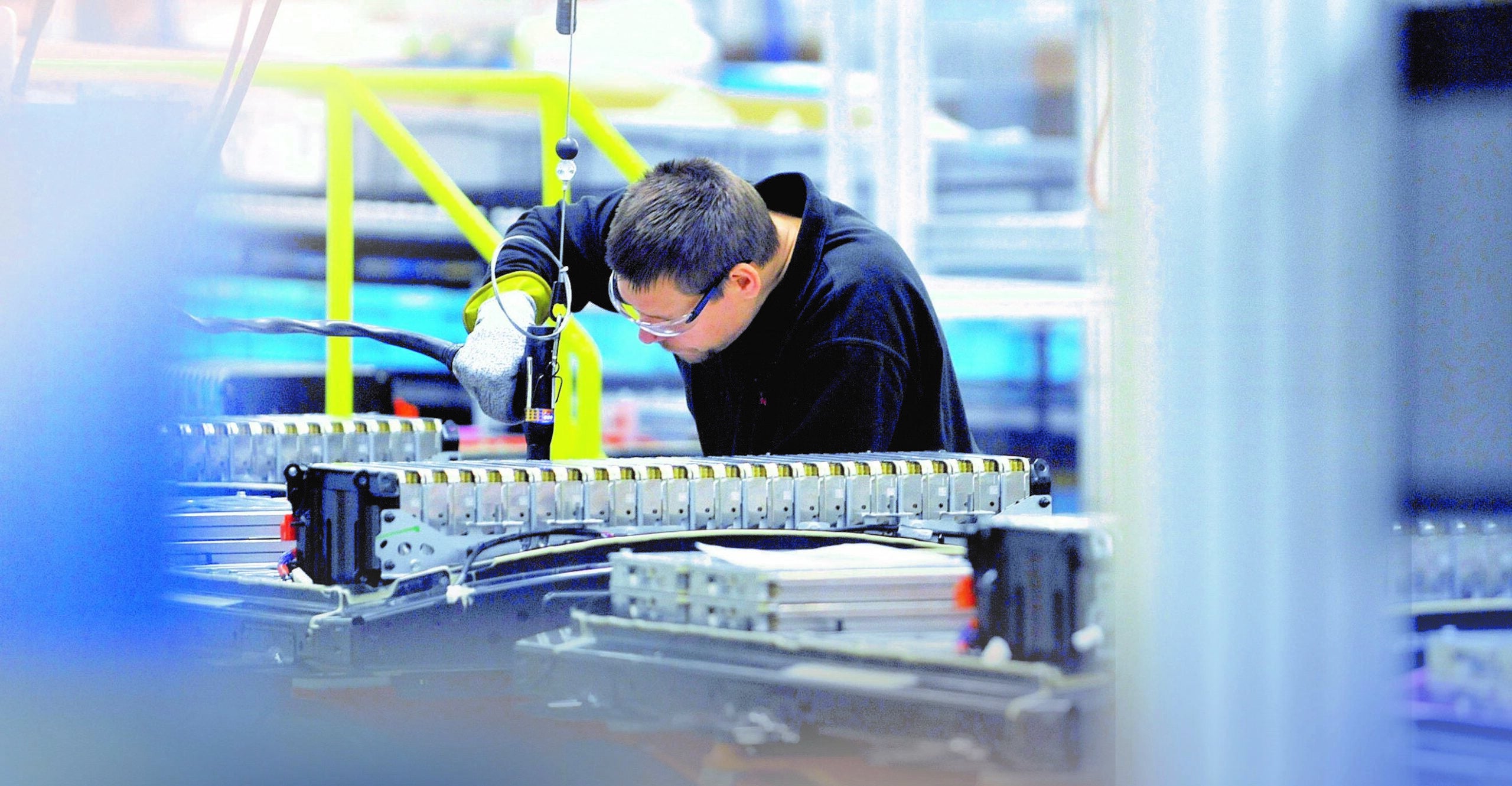
Swedish battery maker Northvolt has selected the northern German city Heide, in the regional state of Schleswig-Holstein, for a new 60 gigawatt plant.
Northvolt Drei (Three) will be the company’s third production facility of this size and the first outside Sweden. It will about EUR4bn.

Discover B2B Marketing That Performs
Combine business intelligence and editorial excellence to reach engaged professionals across 36 leading media platforms.
Northvolt CEO Peter Carlsson said: “With the energy mix in Schleswig-Holstein, with the offshore wind coming in, but also with the linkage to Denmark and Norway in the energy feed, we saw that this is probably the best spot for us in Germany to build this set-up.”
Germany is Europe’s leading EV battery production location with 485 gigawatt hours of capacity in existing and planned facilities, according to Handelsblatt. Other major companies that have recently built or planned facilities in Germany include CATL, SVOLT, PSA Group and Tesla.
Northvolt said its decision in favour of Heide had also been influenced by its proximity to Hamburg and availability of “the space required to establish a battery plant of sufficient size to leverage the economies of scale in production”.
“Germany Trade & Invest has been working together closely with Northvolt since late 2019 to find a site for the company’s German production facility, and we encouraged them to investigate sites in the north of the country as well as other regions because of the availability of renewable energy on Germany’s coasts,” said GTAI automotive expert Stefan di Bitonto.
“Northvolt’s planned gigafactory in Heide is a further indication that the automotive industry in Germany is expanding beyond its traditional strongholds, as mobility is rethought during Germany’s transition to clean energy.”






